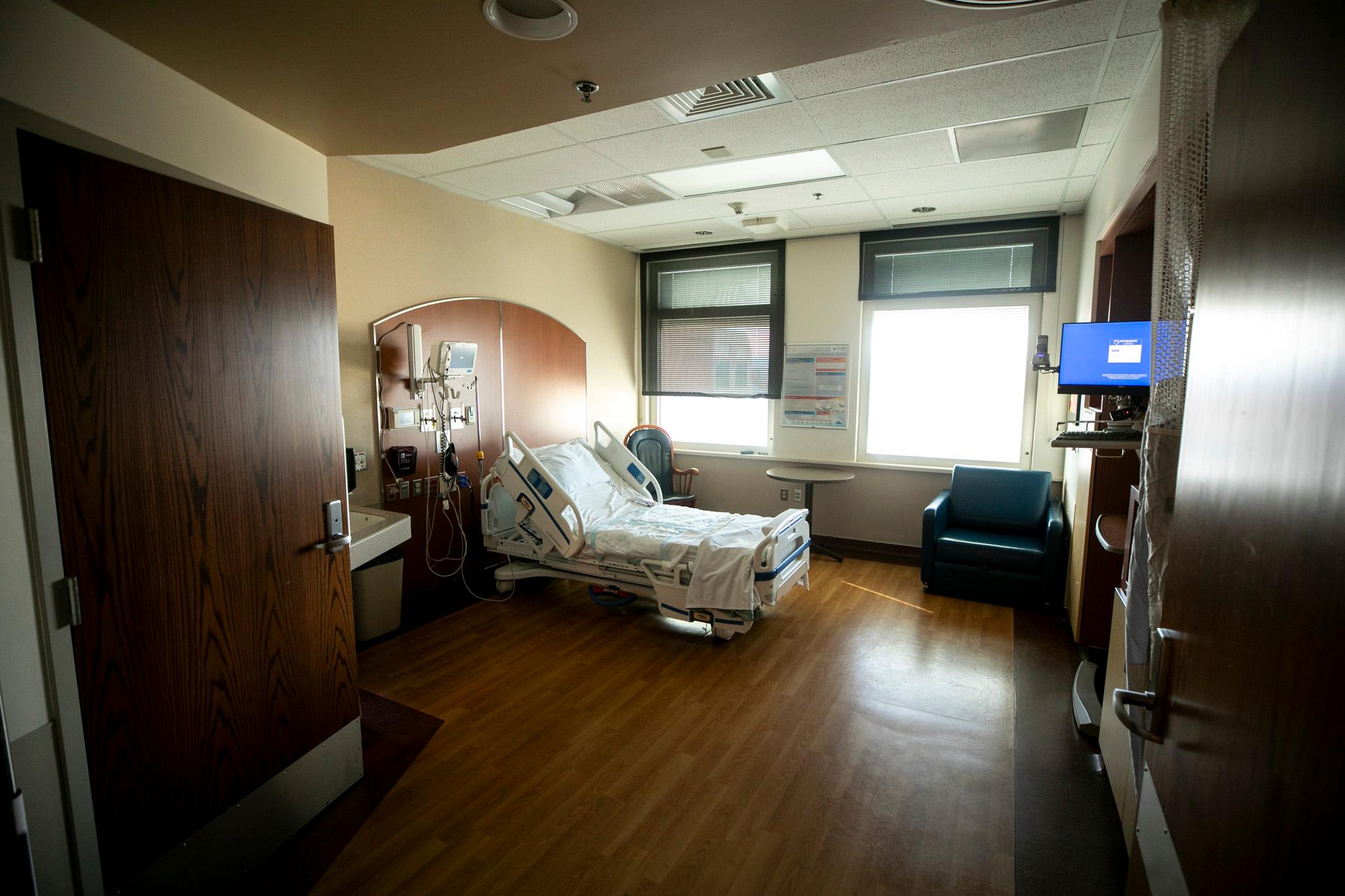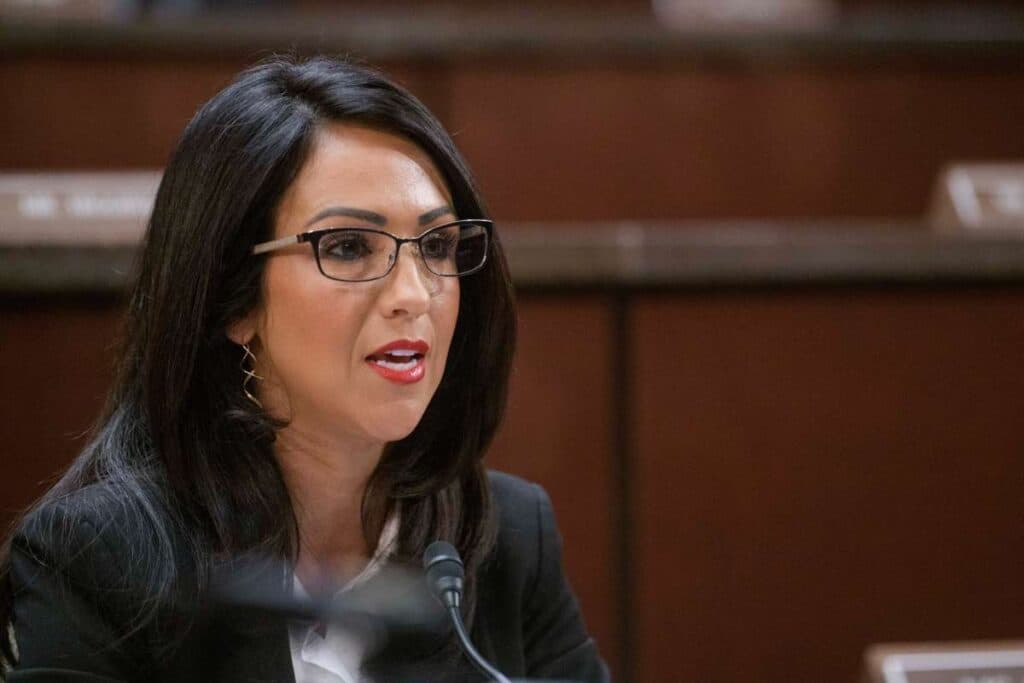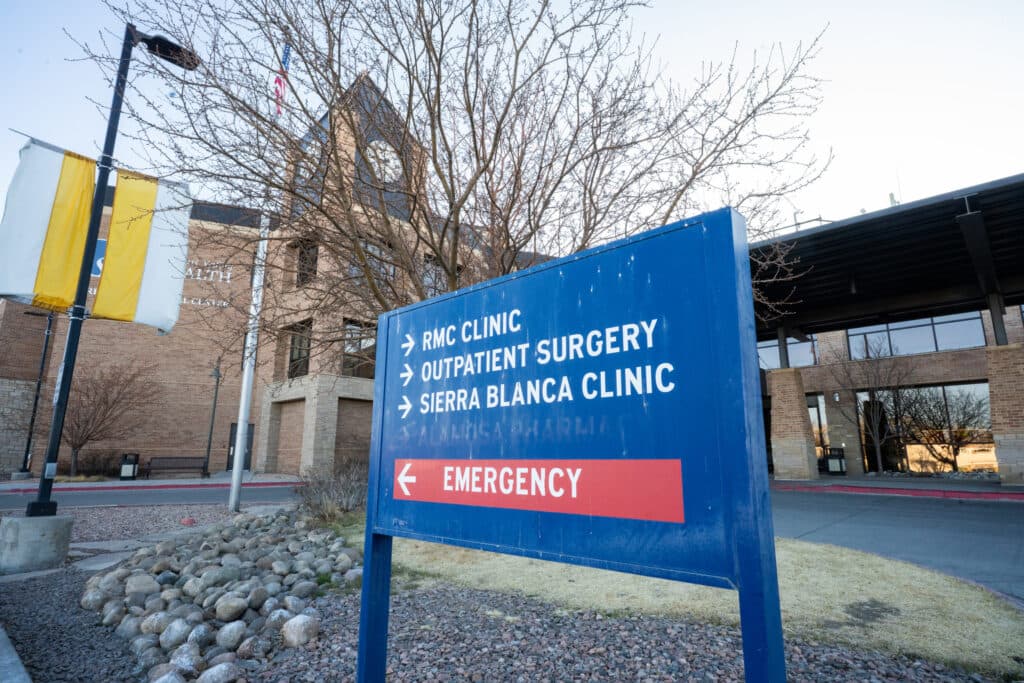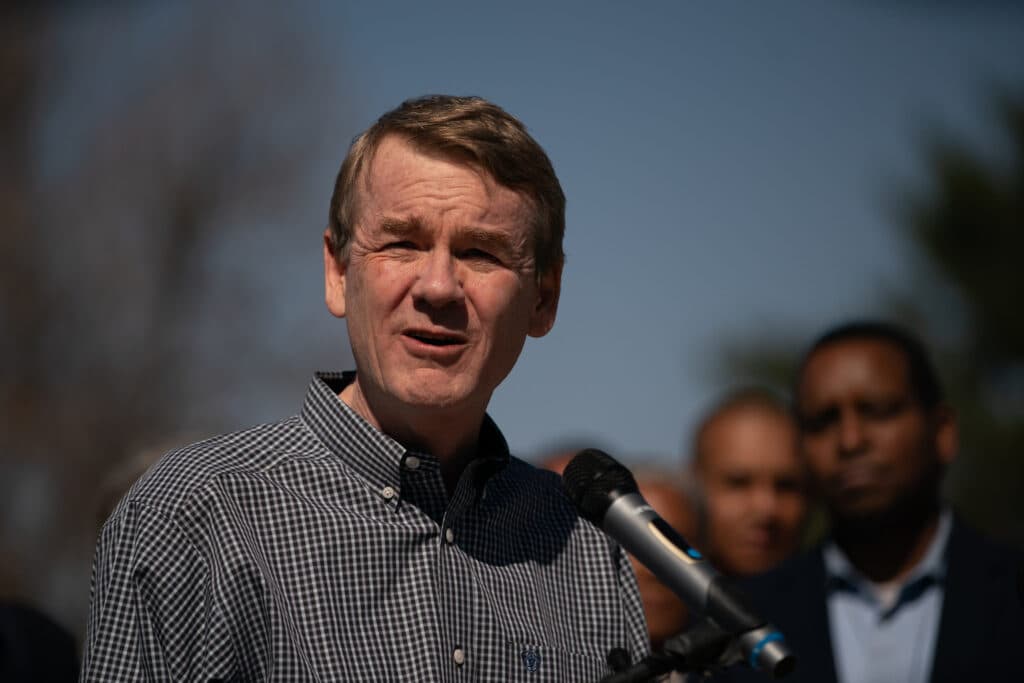
For weeks, policy experts and some political leaders have warned of a tsunami of high costs and worse access coming for the health care of ordinary America because of sweeping policy moves made in Washington.
Coloradans who get their insurance on the individual market — which is about 282,000 people — got a first glimpse of it on Wednesday after the state’s insurance division dropped preliminary annual insurance rates for next year: Average premiums will rise 28 percent for 2026; on the Western Slope, they could climb as high as 38 percent on average, and higher than that for many.
Average statewide increases were in the single digits in recent years according to the state.
Consumers will pay more, a lot more, each month, with annual premiums rising sharply, by more than $2,700 a year in Denver and $5,100 in western and mountain regions of the state.
The insurance division, under Gov. Jared Polis’ Democratic administration, pointed to one cause for the price hikes in its release, “chaos from Congressional Republicans.”
Polis echoed those remarks in an interview with Colorado Matters host Ryan Warner.
“They cut the tax credits for the exchange (also called the marketplace, or Connect for Health Colorado), they cut the support for health care,” he said in an interview to be aired Thursday, adding rates are going up nationwide. “It's brutal what they did to health care in that bill. So it's just dollars and cents. It's less money coming in. It's a federal government cutting back hundreds of millions of dollars, and Coloradans and people in other states having to pay more for health care.”
GOP defends cuts
The budget bill passed by the Republican-led Congress this month sharply cut federal spending on health care, and it did not extend enhanced tax credits which help hundreds of thousands Coloradans to afford to pay for insurance through Connect for Health.
Republican members of the state’s Congressional delegation disagreed with the depiction.
“Colorado Democrats are twisting themselves in a pretzel trying to attack Republicans over the common sense reforms to Medicaid, which the majority of Americans support,” said 8th District Rep. Gabe Evans. “Reducing waste, fraud, and abuse in Medicaid doesn’t impact private insurance rates, and Republicans are under no obligation to extend a Biden-era policy in the One Big Beautiful Bill. Instead of making this political, Democrats should adjust their focus to fixing their red tape and overregulation of private insurance in Colorado, which has driven multiple private insurers out of the state.”
Most people agree with the Trump administration that fraud, waste, and abuse are a problem in health care in the U.S., but disagree on partisan lines “on whether the cuts will make any difference and on who is responsible for it,” according to independent health policy group KFF.
Rep. Lauren Boebert from the 4th District said, "The One Big Beautiful Bill brings common sense reforms to health care to ensure those who need support the most receive it, as well as $50 billion in funding for rural hospitals and health care providers. Colorado politicians should quit pointing fingers and get to work on lowering the cost of living in our state before even more of our residents leave for opportunity and prosperity elsewhere."

“Blaming the One Big Beautiful Bill which roots out Medicaid waste, fraud and abuse on increases in private insurance is misplaced,” said Rep. Jeff Crank, from the 5th district, in a statement. “Especially when many of the provisions don’t kick in until 2027. If I was the governor I would start looking at ways to reduce regulatory burdens on health insurers that drive up the cost to individuals and families.”
Rep. Jeff Hurd’s office didn’t respond by deadline.
Call to restore tax credits
“From my vantage point, Congress had a perfect vehicle to fix this problem in the reconciliation bill, and they chose not to do that,” said Colorado Insurance Commissioner Michael Conway, in an interview with CPR “And that's incredibly unfortunate, and that is what has led to us having to make this announcement today. And the rates being as high as they are, Congress still has the opportunity to fix it going forward.”
He called on Congress to restore the tax credits, which expire Dec. 31. The resulting premium increases will impact 321,000 Coloradans, the state said in its release.
About 112,000 people – 43 percent of those now enrolled via Connect for Health – could lose health insurance due to changes enacted by the new law, the marketplace estimated last month.
In many states, rate filing data won’t be public until August. ACA Signups, a resource for that data, has been tracking those rates. Others are reporting hefty hikes, like Maine (24%), Illinois (23%), Connecticut (23%), Washington (21%), Michigan (17%), Minnesota (17%) and Massachusetts (14%).
A decent share of the increases reported so far, a third based on its calculation, “being due specifically to the IRA subsidies expiring.”
Rates set to rise sharply in every region and for every company
Average rate increases requested by insurance companies range from 15 percent for Kaiser Foundation Health Plan of Colorado to 23 percent for Denver Health to 36 percent for Rocky Mountain HMO, according to the release.
The filings will be public once the division of insurance finishes its review later this week.
By failing to extend the tax credits, Congress left insurance companies with little choice but to raise rates, health policy experts said.
“Pretty much every state where I've seen rates, they're looking in the range of 17 to 24 percent. So it's a bad year for health insurance rates,” said Louise Norris, a health policy analyst with healthinsurance.org, who is based in northern Colorado.
She said one of the factors driving the sharp rise is the expiration of the subsidy enhancements, because that's going to reduce the number of people with coverage.
“The people who are going to drop their coverage because their premiums go up are the healthiest people,” Norris said. “A person who is sick will pay extra for health insurance because they don't really have a choice. The people who have the choice are the ones who aren't using their health coverage as much.”
Insurance companies know that, and they know that “the risk pool is going to shrink and it's going to tilt more towards less healthy people,” she said.
Costs are up for everyone
The changes are sparked by clear policy choices, said Joe Hanel, of the non-partisan, non-profit Colorado Health Institute. Congress chose to offset massive tax cuts by reducing health spending dramatically. Now consumers will feel it, he said.
“When you take away that spending, that's helping people afford insurance, that means they're not going to be able to afford insurance,” Hanel said. “Which means that when they do have to go to the doctor, there'll be no way to pay the doctor, which means our doctors and hospitals are going to be in trouble.”

He said that will drive up costs for everyone, including those who have insurance through an employer, because they’ll be charged more to pay for those who’ve lost insurance but will still need and get care from hospitals.
“It's going to be a really rocky couple of years, especially in rural Colorado, for people seeking care, not just people on this individual market, but it's going to affect providers, who serve everybody,” Hanel said.
Reaction from Colorado political, health leaders
The press release from the state division of insurance included comments from a variety of state leaders, including nearly the entire Democratic Congressional delegation, plus three state lawmakers, in addition to the governor and insurance commissioner.
"Republicans' cruel budget bill gutted Medicaid to pay for tax cuts for the wealthiest Americans. If Republican leadership fails to extend the Expanded Premium Tax Credits, set to expire this year, private health insurance costs will skyrocket,” hurting struggling families," said Sen. Michael Bennet.

“The GOP’s health care chaos is increasing insurance premiums across our state, with the most drastic impacts in the high country where we’ve worked so hard to lower costs,” said Speaker Julie McCluskie of Dillon, the House Speaker.
CPR reached out to the press offices of state Senate and House Republicans, but didn’t hear back by deadline.
The state’s hospitals said they were “deeply concerned” by the increases, which they said was driven by the expiration of the federal subsidies and “a weakened reinsurance program.” It helps backstop the insurers by paying a portion of high-cost claims, allowing insurance companies to lower the premiums for individual health insurance plans, according to the state.
Part of the rate increases are due to the impact to Colorado’s reinsurance program from the loss of the additional financial assistance, the division of insurance said in its release. That loss will account for nearly 8 percent of the average premium increase Coloradans will see, it said.
“In other words, the average premium increase for 2026 would have been approximately 20 percent instead of being more than 28 percent. The funding shortfall for the Reinsurance Program is also occurring because the federal government is choosing to allow the enhanced federal tax credits to expire,” the state said in its release.
“When patients forgo coverage, they delay or skip care, and hospitals see more severe cases, rising uncompensated costs, and added strain on an already stretched health care system,” said Cara Welch, a spokesperson for the Colorado Hospital Association.
Mannat Singh, Executive Director of the non-partisan nonprofit Colorado Consumer Health Initiative blames the GOP administration and members of Congress for the increase in rates.
“Sensing an opportunity, insurance carriers are taking advantage of the Trump administration’s chaotic policy changes and are reaching for the highest possible profit at individual consumers’ expense. They must also be held accountable,” Singh said.









